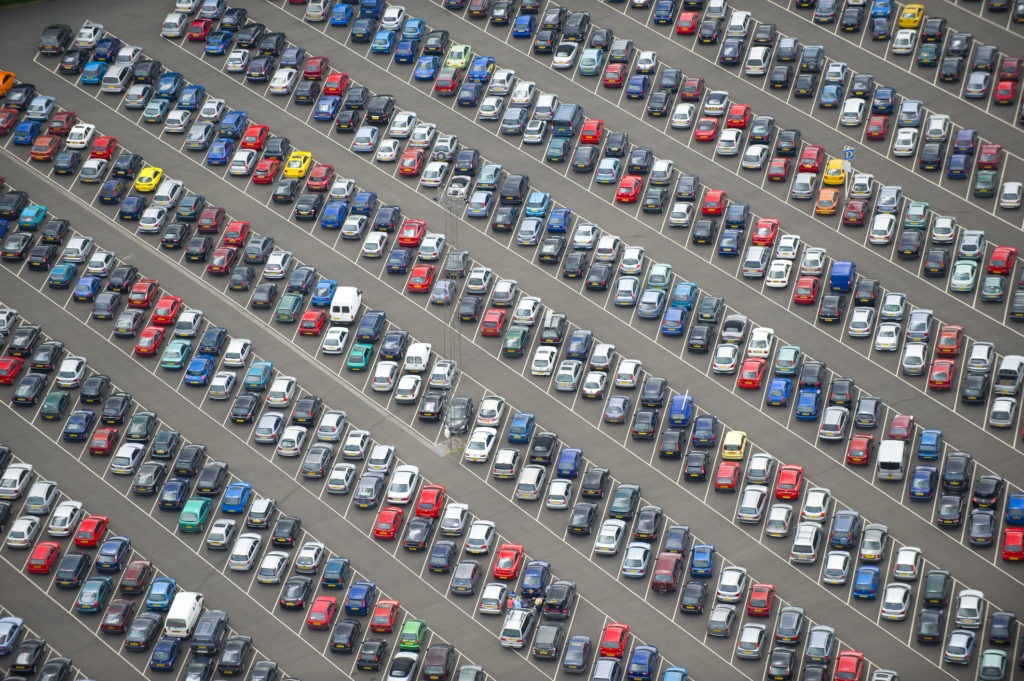SUV increase prompts call for earlier UK ICE ban
11 December 2019

11 December 2019
The demand for sports utility vehicles (SUVs) is threatening the UK’s attempts to clean up its air quality.
Sales of the models currently outnumber those of electric vehicles at a rate of 37 to one, according to the UK Energy Research Centre (UKERC). Policy actions are required by the next UK Government if the country is to meet its target of net-zero emissions by 2050.
In its annual Review of Energy Policy, the centre highlights how the trend towards purchasing bigger cars is threatening the UK’s attempts to reduce emissions from the transport sector. The report has calculated the impact that the purchase of SUVs is having on carbon emissions in the country.
Growing numbers
Over the past four years, there have been 1.8 million SUV sales, compared to a total of 47,000 for battery electric vehicles (BEVs). This equates to a staggering ratio of 37:1. In 2018, SUVs accounted for 21.2% of new car sales, up from 13.5% just three years earlier.
The trend is not unique to the UK. The International Energy Agency has estimated growth in SUVs accounts for 60% of the increase in the global car fleet since 2010, concluding that ‘SUVs were the second-largest contributor to the increase in global CO2 emissions since 2010 after the power sector, but ahead of heavy industry (including iron & steel, cement, aluminium), as well as trucks and aviation.’
Until recently, eight out of 10 plug-in electric vehicles sold were plug-in hybrid (PHEVs), and not pure battery-electric vehicles, the centre says in a release. The majority of the PHEVs sold were also SUVs, specifically the Mitsubishi Outlander, showing that the popularity of the model exists within the EV market as well. This means that even the relatively small number of electric vehicles that have been sold in the UK are consuming more energy than they need to.
Target forward
The UKERC is calling for the next UK Government to rethink its policies revolving around the automotive sector, especially the ban on internal combustion engine (ICE) sales in 2040.
′There is now an overwhelming consensus that achieving net-zero requires the phase-out of fossil-fuelled vehicles to be brought forward to 2030 and this must include hybrids,’ says Christian Brand, UKERC Co-Director. ′At the same time, government should take action to counter ′unintended consequences’ such as the recent trend in the UK to buy larger, heavier cars such as SUVs. This trend is global, so will require policy and industry action across all global markets, including the US, EU and China.’
′The rapid uptake of unnecessarily large and energy-consuming vehicles just in the past few years makes a mockery of UK policy efforts towards the Road to Zero,’ adds Jillian Anable, UKERC Co-Director. ′The decarbonisation of the passenger car market can no longer rely on a distant target to stop the sales of conventional engines. We must start to phase out the most polluting vehicles immediately. It is time to enact a strong set of regulations to transform the entire car market towards ultra-low carbon rather than focusing solely on the uptake of electric vehicles.’